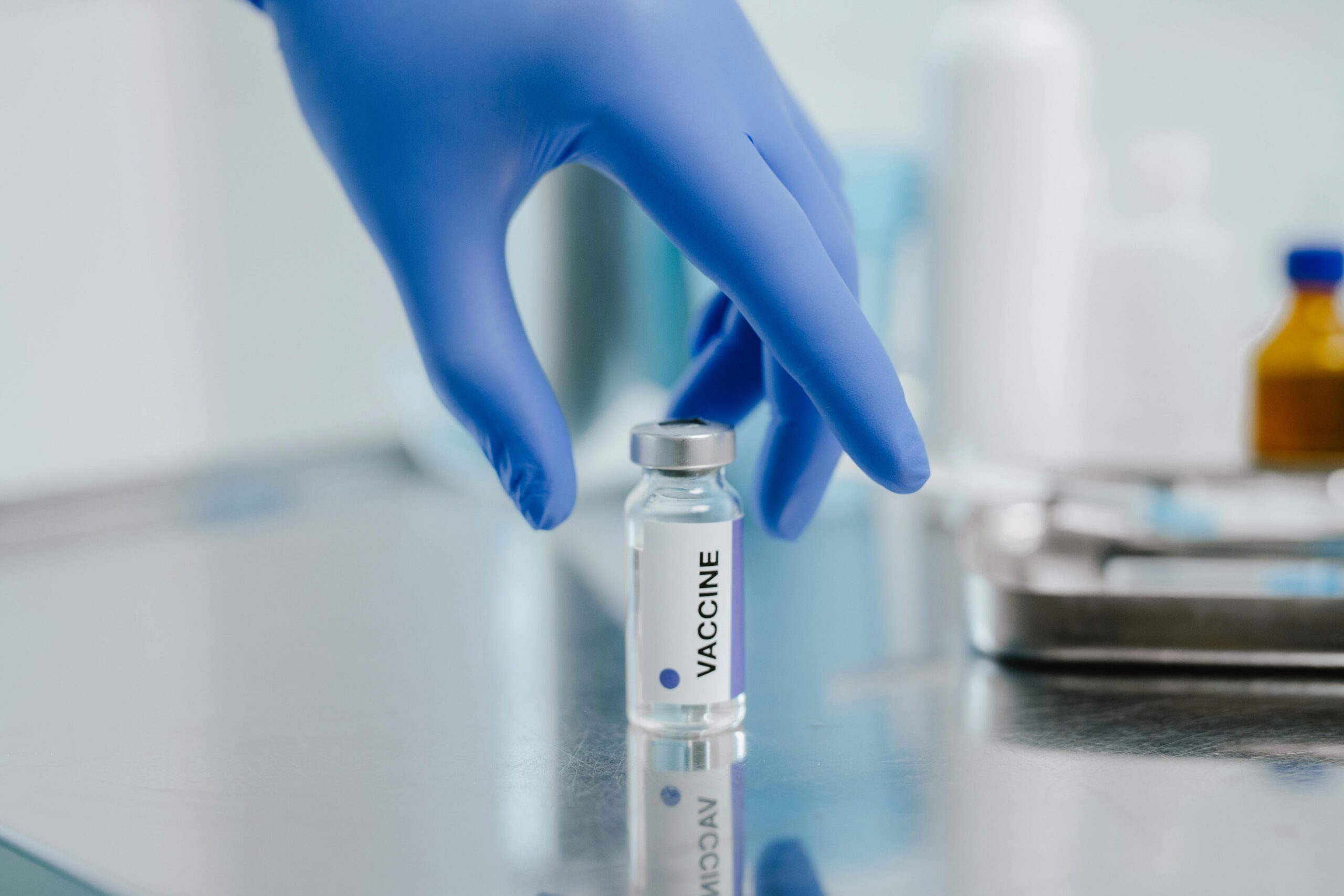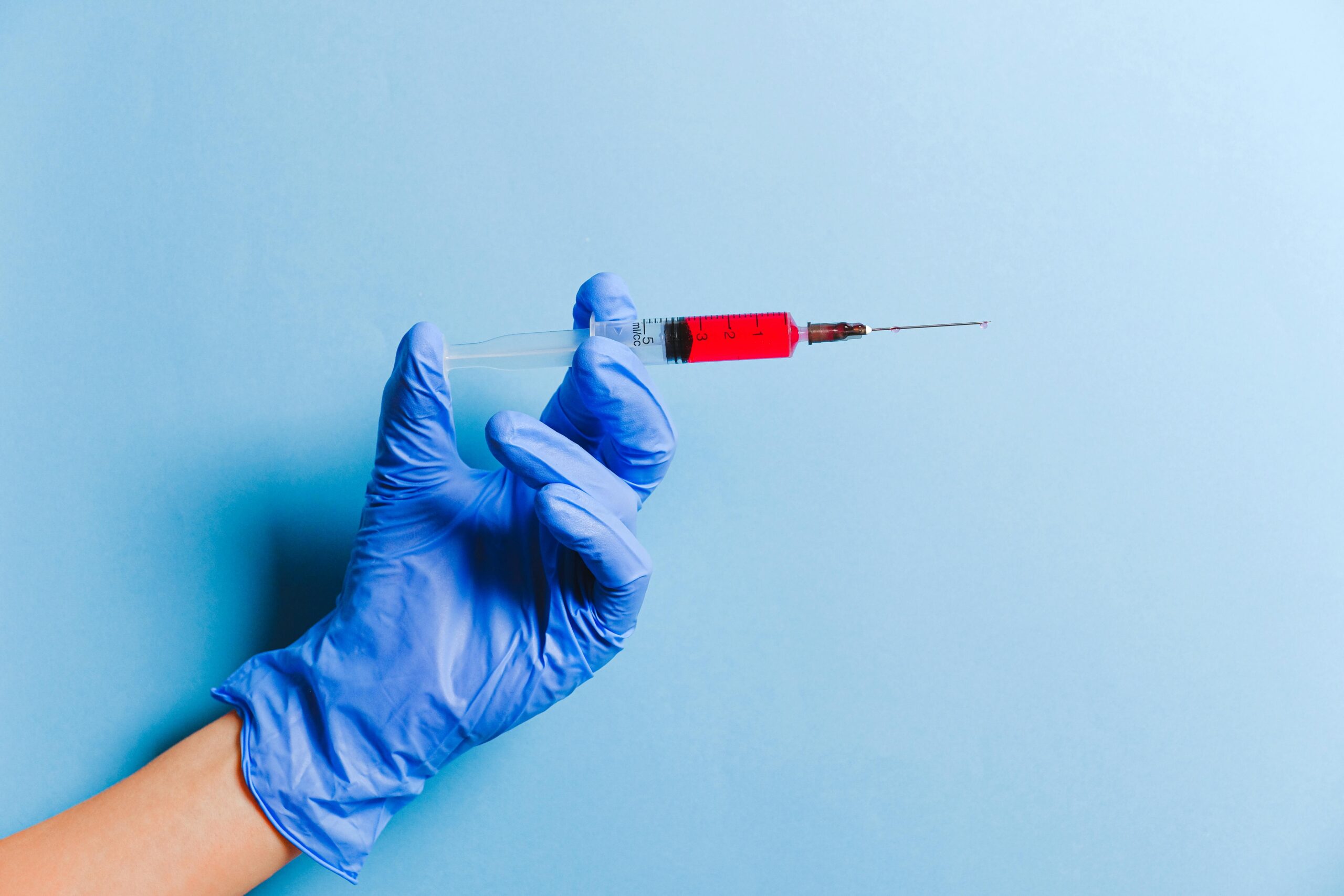It’s a common scene: a crying baby, a visit to the doctor, and a prescription for antibiotics to clear up an ear infection. For decades, these lifesaving drugs have been the go-to solution for childhood bacterial infections. But what if that early exposure to antibiotics is setting the stage for health problems years down the road? A new study suggests a surprising link between infant antibiotic use and a long-term risk of developing asthma, and the answer may lie in a tiny molecule produced by the very bacteria these drugs wipe out.
The Surprising Link Between Antibiotics and Asthma
The latest research from Monash University in Australia has uncovered a compelling connection: early-life antibiotic use can permanently alter the developing lungs, increasing the risk of allergic asthma in adulthood. This finding goes beyond the temporary disruption of the gut’s bacterial ecosystem, known as the gut microbiome. While the microbiome can recover, the study found that the damage to the lungs from this early-life disruption persists. The key factor is a crucial molecule called indole-3-propionic acid (IPA), which is produced by certain gut bacteria.
To understand this better, the researchers conducted a study on mice. Mice are often used in medical research because their biological systems and immune responses are similar to ours. The team gave antibiotics to three-week-old mice, which is a critical developmental stage, and then allowed their gut microbiomes to repopulate over 40 days. Even after the gut bacteria had returned to normal levels, the mice who received antibiotics in early life were more prone to developing allergic asthma when exposed to a common allergen: house dust mites.
How a Missing Molecule Causes Long-Term Damage
The research revealed that the antibiotic treatment caused a significant and long-lasting drop in the levels of IPA in the mice’s bodies. IPA acts as a powerful antioxidant, protecting the body’s cells from damage. When this molecule was missing during a critical period of lung development, it caused irreversible damage to the mitochondria in the cells lining the airways. Mitochondria are the “powerhouses” of the cell, and when they are damaged, the lung cells become overly sensitive and reactive to allergens, triggering the severe inflammatory response we know as asthma.
The researchers’ findings underscore the importance of this molecule in early life. This long-term damage was only observed in mice treated with antibiotics as infants, not in those treated as adults. It’s as if a window of opportunity for healthy lung development was closed by the lack of IPA.
A Potential New Way to Prevent Asthma
So, what if we could replace the missing IPA? The research team tested this very idea by giving a group of mice both antibiotics and a dietary supplement of IPA during the same early-life period. The results were remarkable: the supplement successfully protected the mice from developing allergic airway inflammation later in life. This discovery points to a hopeful new approach for preventing asthma.
This research, while conducted in mice, provides a powerful explanation for why early-life antibiotic use is linked to a higher risk of developing asthma in people. It also opens the door to a simple and affordable preventative strategy, such as an IPA supplement, that could one day be used to protect children at risk. The findings are an important first step toward reducing the global burden of asthma, a disease that affects over 260 million people worldwide.
Paper Summary
Methodology
The study was conducted on three-week-old mice, a common model for human disease research. The mice were treated with antibiotics, then cohoused with untreated mice for 40 days to allow their gut microbiomes to return to normal. After this period, they were exposed to house dust mite (HDM) to induce allergic asthma. The sample size for the main experiments was approximately n=9 per group.
Results
The research found that early-life antibiotic use made mice more susceptible to allergic airway inflammation in adulthood, even after their gut bacteria were restored. The antibiotics led to a significant decrease in indole-3-propionic acid (IPA), a molecule produced by gut bacteria. The lack of this molecule during a critical developmental period caused long-term mitochondrial damage to lung cells, which made the mice more reactive to allergens. When IPA was supplemented during antibiotic treatment, it prevented the long-term damage and protected the mice from developing severe allergic airway inflammation. This effect was not seen in adult mice given antibiotics.
Limitations
A key limitation of the study is that the research was conducted on mice, and these findings must be confirmed through human clinical trials.
Funding or Disclosures
The work was funded by the Dutch Longfonds Accelerate grant, “A World Without Asthma” (AWWA), and a National Health and Medical Research Council (NHMRC) Ideas grant.
Publication Information
The study, titled “Antibiotic-driven dysbiosis in early life disrupts indole-3-propionic acid production and exacerbates allergic airway inflammation in adulthood,” was published in the journal
Immunity, Volume 57, on pages 1939–1954, on August 13, 2024. The authors include Olaf Perdijk, Alana Butler, Matthew Macowan, and others, with Benjamin J. Marsland as the lead author.










